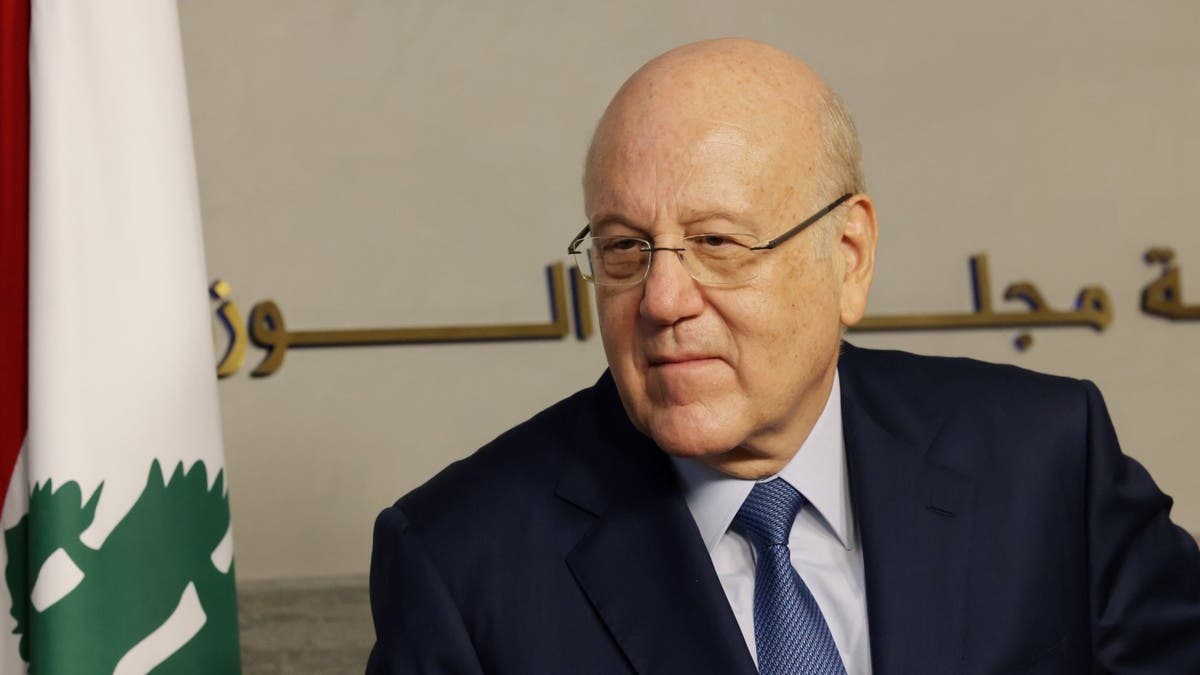Uptime Institute is pleased to announce the appointment of Mustapha Louni to the position of Chief Business Officer, a role specifically created to drive strategic leadership and client success. In this new role, Mr. Louni will assume responsibility for the global Uptime sales and marketing organizations and drive overall business value for all Uptime clients. He will retain his existing responsibilities overseeing operations in the Middle East, India, Africa, and the Asia Pacific regions. In this elevated capacity, Mr. Louni is poised to play a pivotal role in driving Uptime’s next phase of global expansion through strategic initiatives to enhance market awareness of the dramatically expanding global service lines and delivery capabilities of Uptime that uniquely support the global data center industry in its pursuit of ever higher performance through elevated availability, resiliency, sustainability, and cyber-security of digital infrastructure. Louni’s appointment renews and expands Uptime
Institute 39;s 30-year commitment to advancing excellence in the data center sector on a global scale. “Today we are experiencing the next phase of the one-time, planetary transformation from analog to digital. This unprecedented, once-in-a-generation growth in data center demand is primarily driven by continuing cloud adoption, the new promise of AI, and the demonstrable fact
that hybrid digital infrastructure is here to stay for the foreseeable future,” said Martin McCarthy, CEO, Uptime Institute. “These complex and nuanced market demands require a visionary talent like Mustapha Louni. He is someone who cannot only deftly manage specific aspects of the business but also remain ahead of accelerating changes and trends. He continues to earn client
trust and respect by timely delivery on demanding commitments while he also inspires and energizes colleagues and clients alike. I am delighted to announce Mr. Louni’s new position and know that he will continue to expand the impact that he has already brought to Uptime since his arrival.” In 2014, Mr. Louni joined the Uptime organization in the United Arab Emirates, leveraging his extensive experience from roles at Panduit and Schneider Electric in Paris and Dubai. As the company’s first commercial resource in the Middle East and Africa region, Mr. Louni played a pivotal role in expanding Uptime’s presence. Within a year, he successfully established what became and remains Uptime’s fastest growing regional office. Under his leadership, Uptime has
extended his impressive trajectory of growth in MEA to the Asia-Pacific regions, augmenting the Uptime workforce with dedicated team members spanning more than a dozen countries across these regions. A new Uptime office has been inaugurated in Riyadh, Kingdom of Saudi Arabia (KSA) this year, further fortifying the company’s ability to meet its commitment to sustained
growth and excellence and serve clients in critical, accelerating markets for digital infrastructure.
Uptime Institute began development of its proprietary and now globally recognized Tier Standards and its Tier Certifications 30 years ago to ensure that the mission critical computing needs of all organizations could be met with confidence and understood by executive management. Since that time, Uptime Tier Certification as well as other Uptime offerings including assessments and awards in digital infrastructure for ensuring business performance in areas of management and operations, risk and resilience, sustainability, and more recently cyber- security have gained global adoption. Uptime’s expanding success is based on delivering a
unique business service that is based upon unparalleled engineering excellence and technical mastery, while remaining vendor independent and technology agnostic.

 World2 years ago
World2 years ago
 World2 years ago
World2 years ago
 Entertainment7 years ago
Entertainment7 years ago
 World7 years ago
World7 years ago
 Entertainment7 years ago
Entertainment7 years ago






